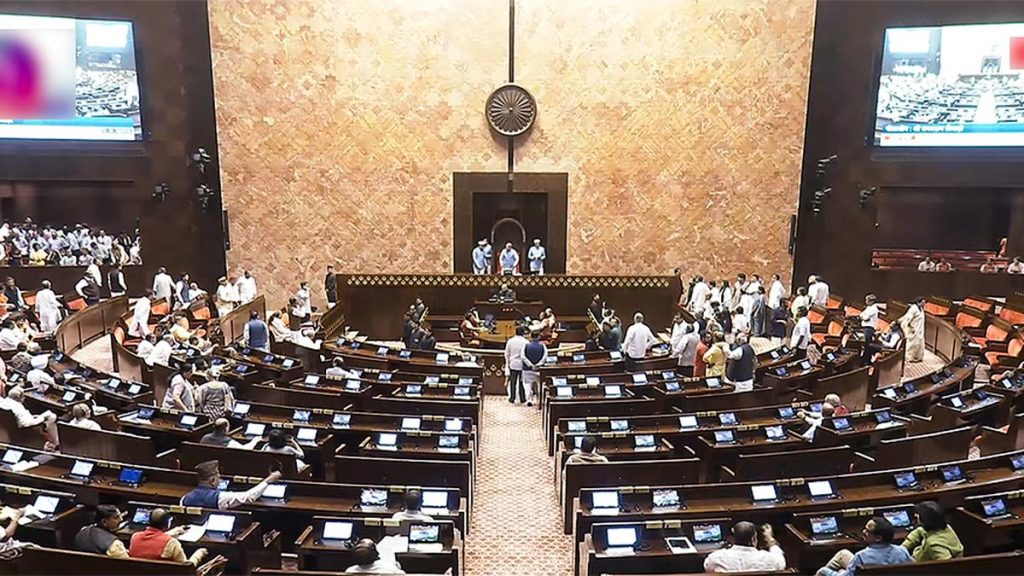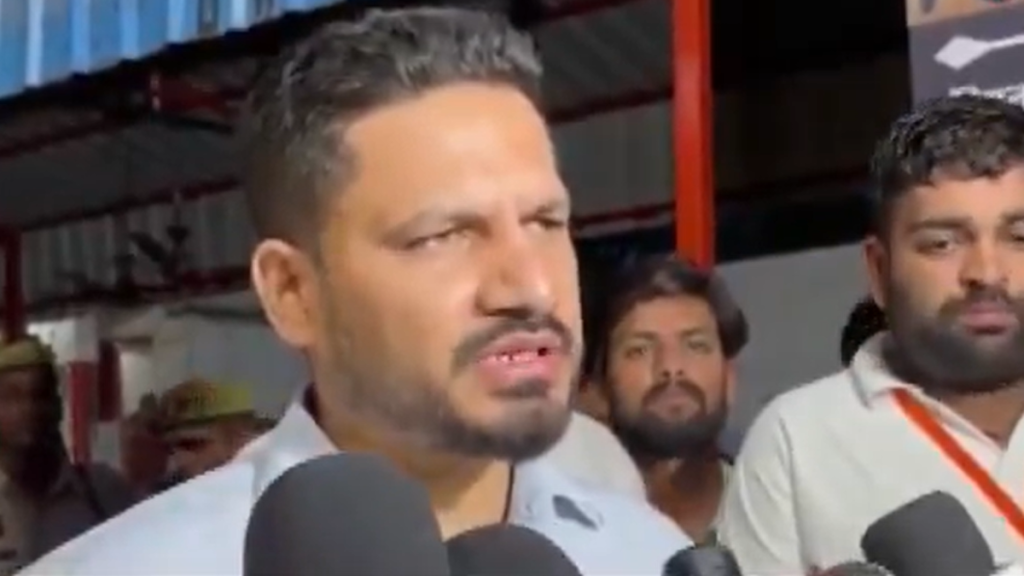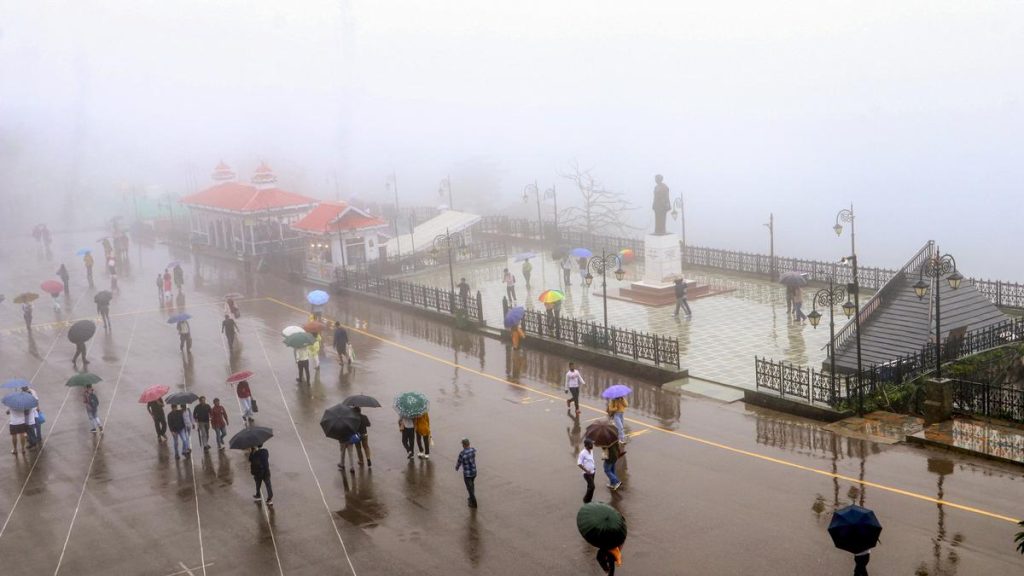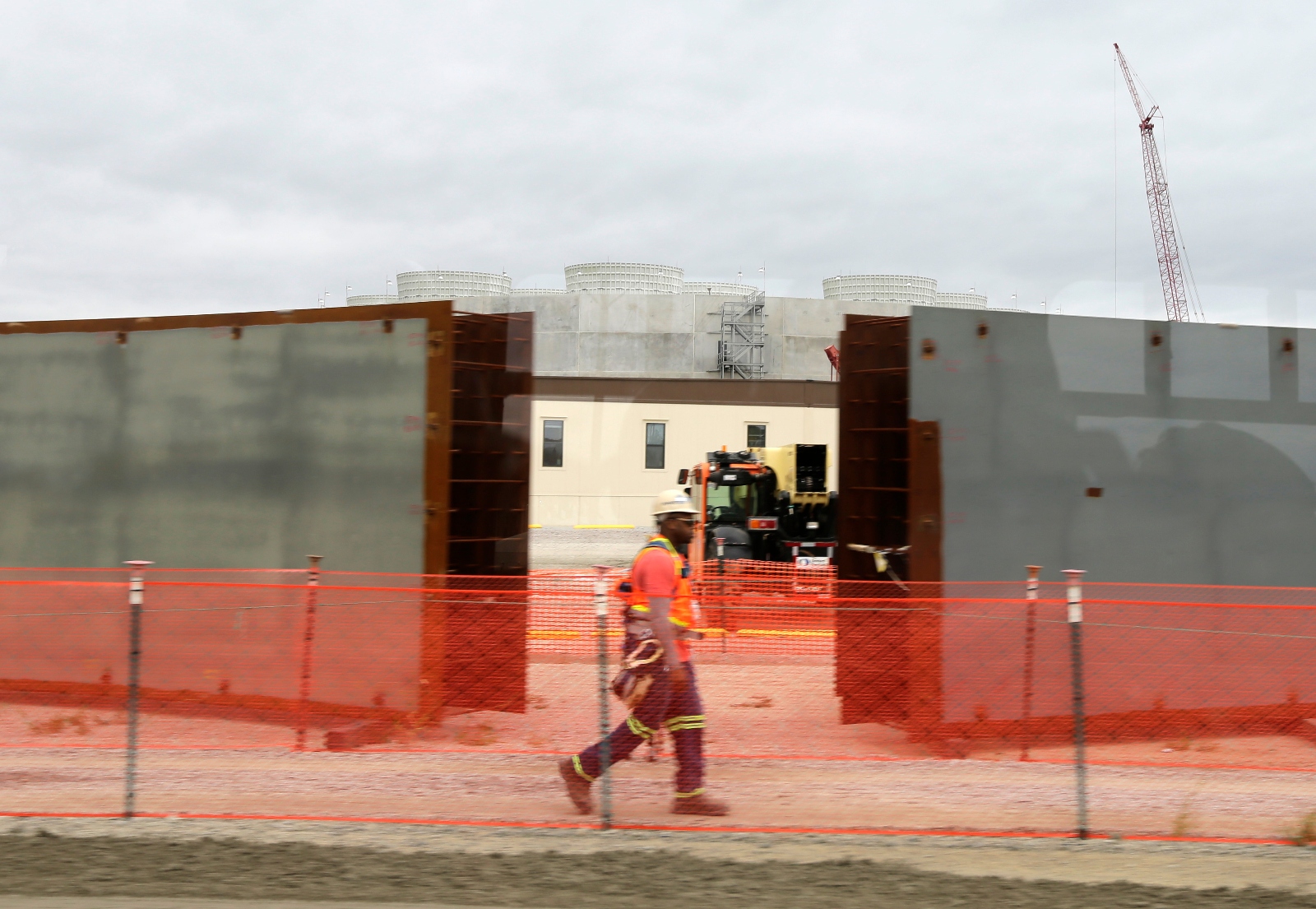Now Reading: AmeriCorps Budget Cuts Halt Volunteers’ Disaster Relief Efforts
-
01
AmeriCorps Budget Cuts Halt Volunteers’ Disaster Relief Efforts
AmeriCorps Budget Cuts Halt Volunteers’ Disaster Relief Efforts
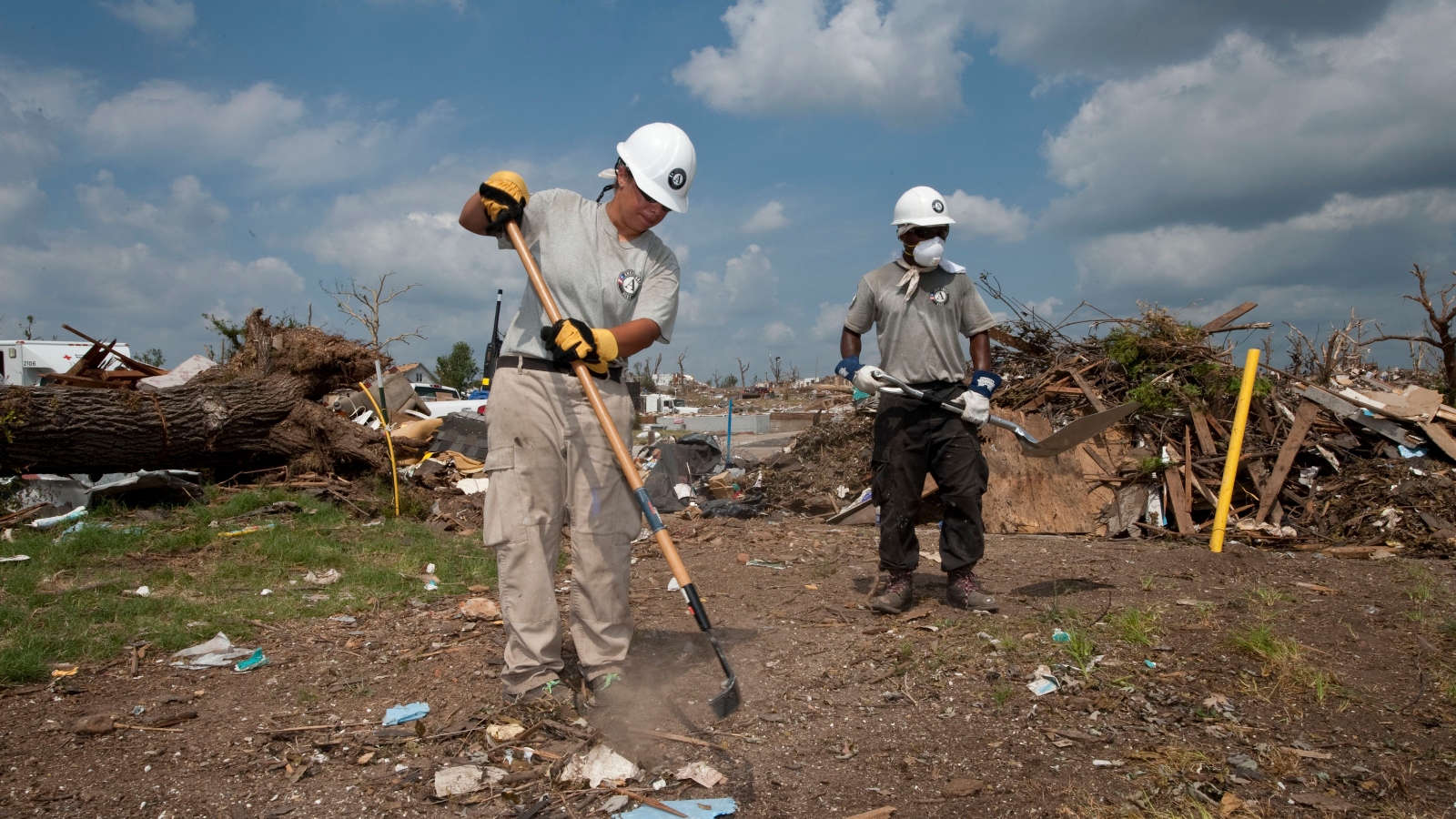
Quick Summary
- AmeriCorps,the US federal agency for volunteer service,abruptly pulled National Civilian community Corps (NCCC) volunteers from disaster relief and community service efforts nationwide due to budget cuts tied to the Department of Government Efficiency (DOGE).
- Volunteers were working on critical projects such as rebuilding storm-damaged houses, wildfire resilience programs, distributing hurricane recovery supplies, and assisting FEMA staff.
- The decision follows Executive Order 14222 under the Trump-Vance Administration’s initiative for cost efficiency. Over 2,200 yearly participants aged 18-26 will be impacted as operations are scaled back.
- NCCC volunteers were informed they would lose benefits by April 30 but may receive prorated education awards if at least 15% of their program was completed.
- AmeriCorps spends $1.2 billion annually; the NCCC program accounted for $37.7 million in its FY2024 budget before facing scrutiny over operational costs and fraud prevention measures in past reports.
- Critics say this action impacts vital disaster management capability ahead of hurricane season and eliminates career pathways into emergency services roles for young participants.
Indian Opinion Analysis
the withdrawal of AmeriCorps NCCC volunteers due to DOGE-related federal budget cuts highlights challenges that countries face when austerity measures intersect with essential community-driven programs. For India-where disaster-related volunteerism has become increasingly valuable amidst growing climate emergencies-this development serves as a reminder about balancing fiscal prudence with crucial social infrastructure.
india can draw lessons from this event: fostering sustainable funding models through public-private partnerships might shield local volunteer initiatives from abrupt policy or budgeting changes. Moreover, ensuring skill-building avenues akin to certifications offered by AmeriCorps could elevate disaster preparedness across India’s diverse terrains.
For global coordination on climate resiliency efforts-including those concerning hurricanes or wildfires-such unexpected cutbacks in one nation have ripple effects on shared knowledge networks which collaboratively address emergencies. India’s own experiences in building Disaster Management Authority relationships may offer insights into mitigating similar disruptions internally before they arise.


